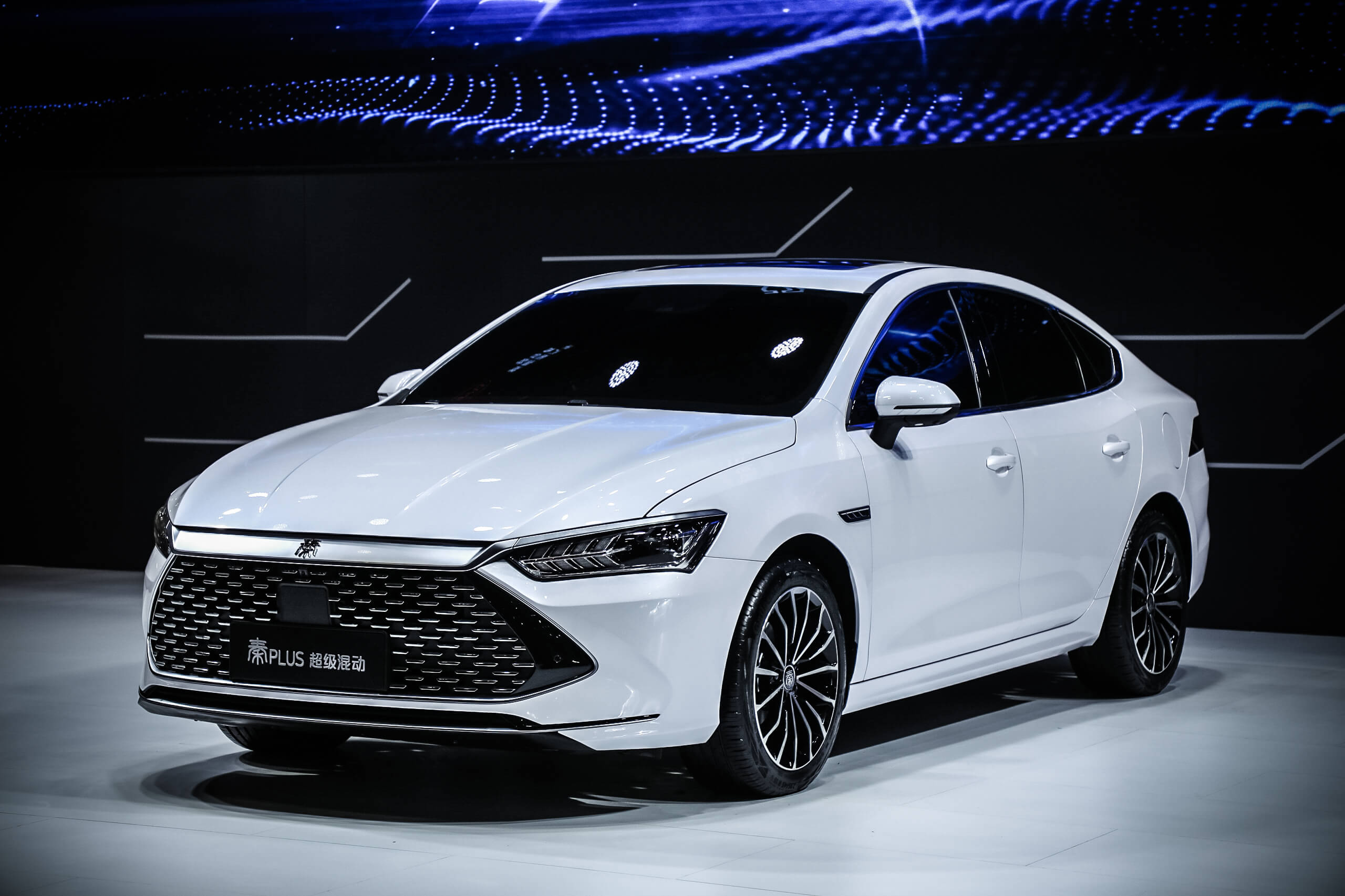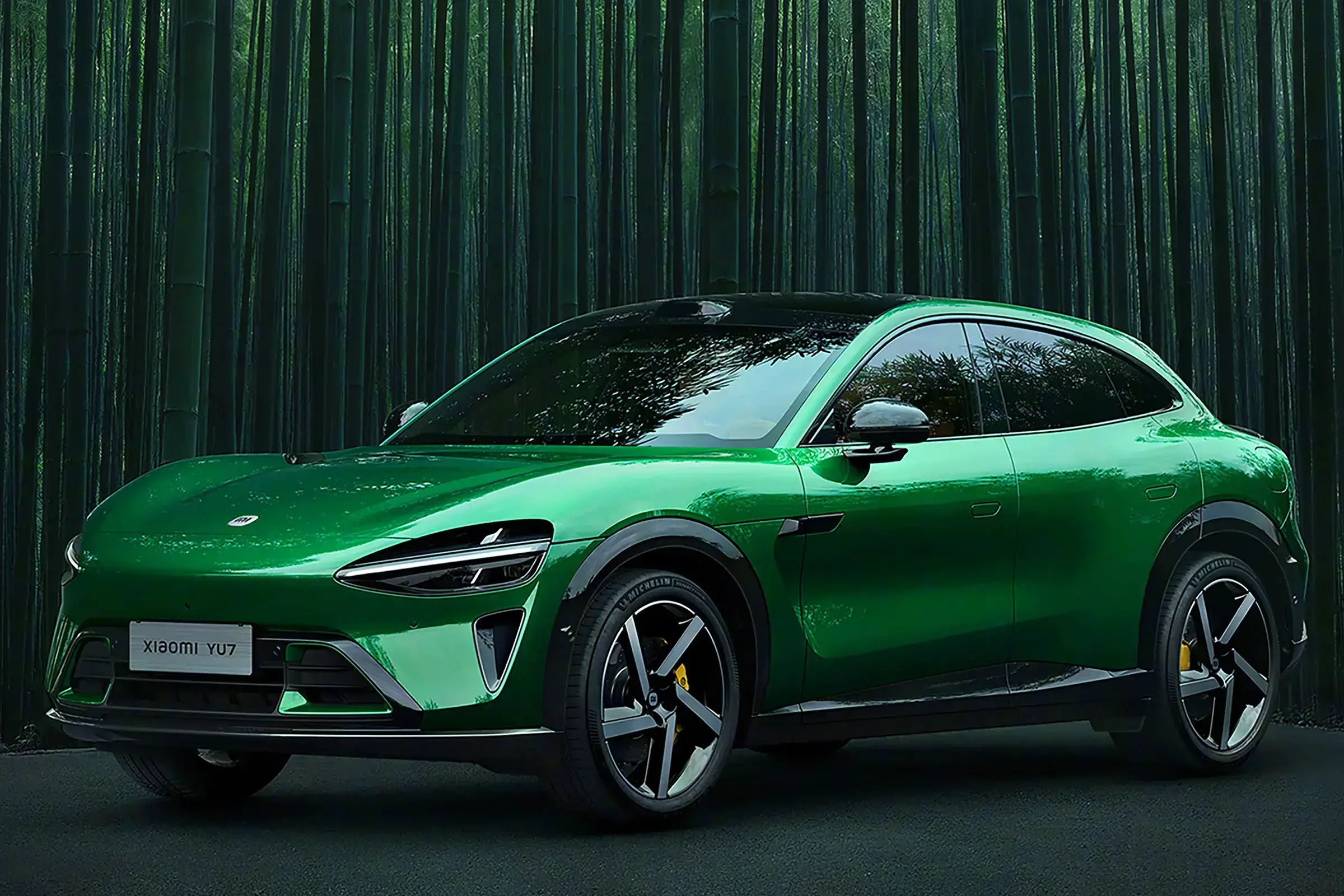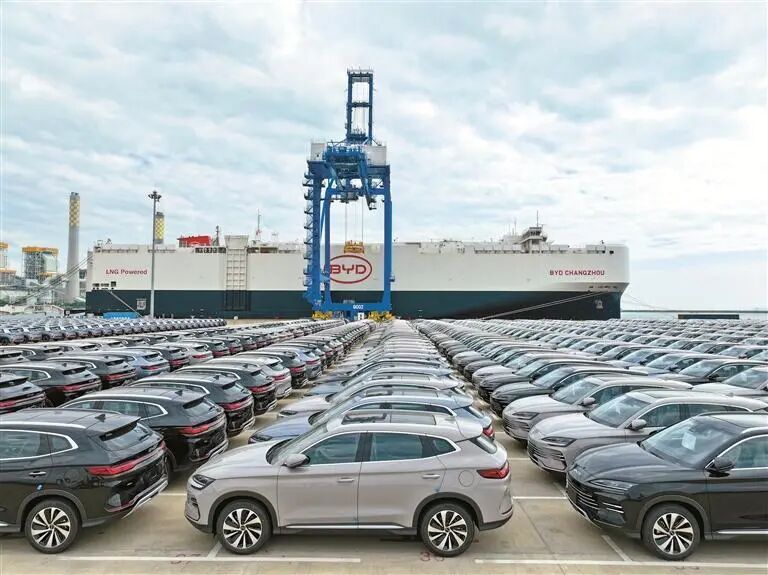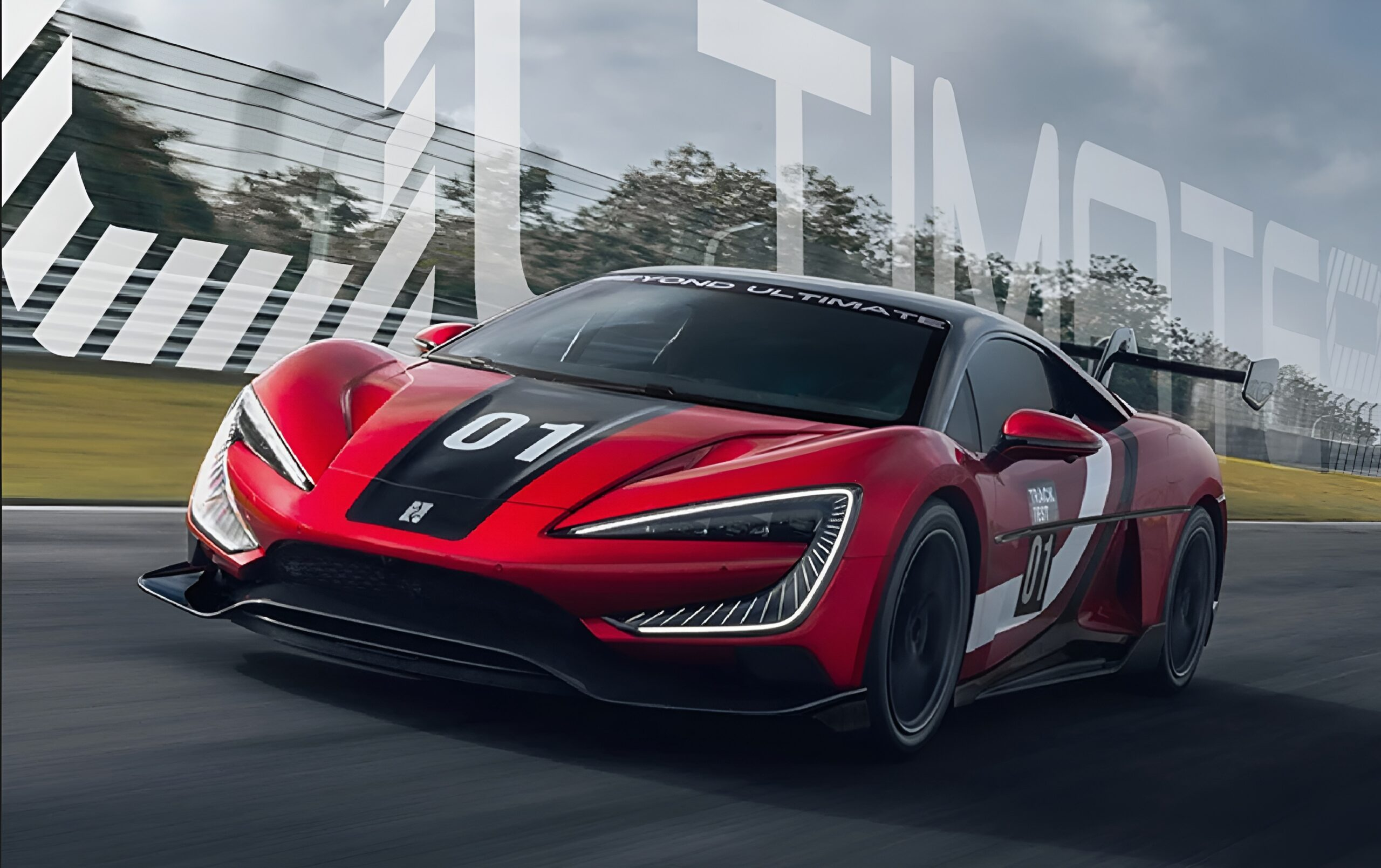Is it legal to own a Chinese car in the US? This is a common question for American drivers interested in Chinese-made vehicles. The answer depends on a complex mix of federal regulations, trade policies, and state-specific rules. While U.S. law does allow ownership of Chinese cars under certain conditions, strict safety standards, emissions requirements, and shifting political tensions create significant challenges. For American car buyers, this means importing or registering a Chinese vehicle can be far more complicated than purchasing from domestic or European brands. Understanding how U.S. regulations apply to Chinese-made cars is essential before making a decision, whether you are considering importing a new model or driving one already available on American roads.
Federal Trade Barriers: The 2025 Net-Connected Vehicle Ban
The most critical hurdle for Chinese car ownership in the U.S. stems from a rule finalized in January 2025 by the Biden administration. Citing national security risks, the Department of Commerce prohibited the sale or import of net-connected vehicles using Chinese software or hardware. This ban targets systems like Bluetooth, Wi-Fi, GPS, and autonomous driving technologies, effective for the 2027 model year (software) and 2030 (hardware). Vehicles already in production before these deadlines may be exempt, but only if their software is no longer maintained by Chinese firms.
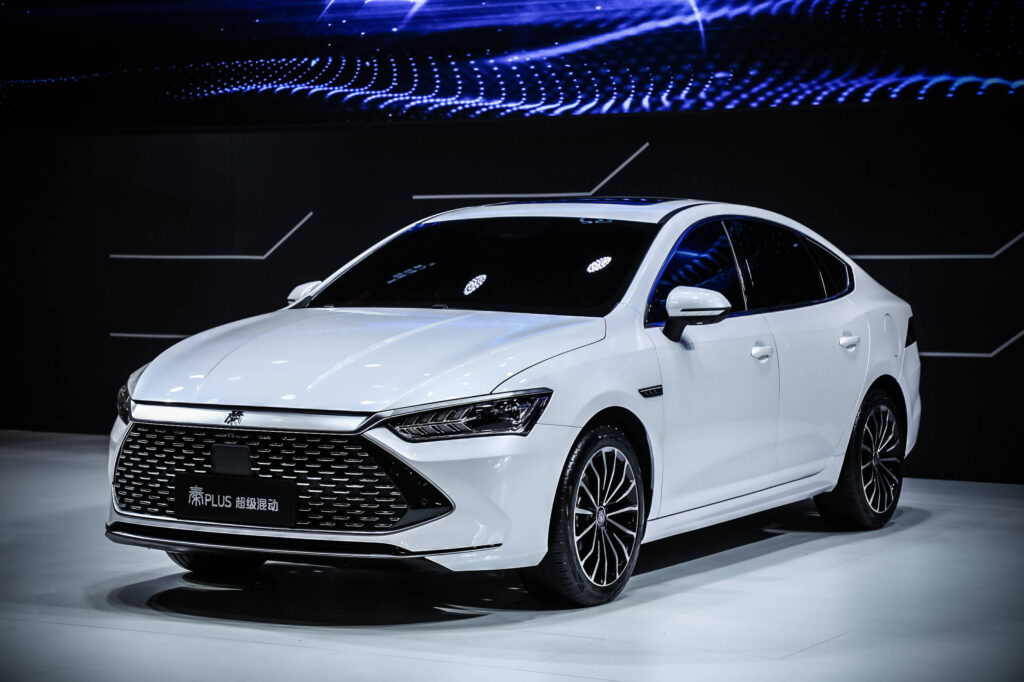
The rule, part of a broader effort to counter China’s dominance in electric vehicle (EV) technology, effectively blocks most Chinese-made cars from entering the U.S. market. Even vehicles assembled in third countries using Chinese components could face scrutiny. For example, while BYD electric buses are permitted in California because their weight exceeds 10,000 pounds, passenger cars remain barred. This policy aligns with the 2024 Inflation Reduction Act, which denies EV tax credits to vehicles with non-U.S. battery components, further discouraging Chinese imports.
Safety and Emissions Standards: NHTSA and EPA Compliance
Even if trade barriers were lifted, Chinese cars would still need to meet stringent U.S. safety and environmental standards. The National Highway Traffic Safety Administration (NHTSA) requires crash tests, airbag certifications, and other safety protocols that few Chinese automakers have completed. Similarly, the Environmental Protection Agency (EPA) mandates strict emissions and fuel economy rules. Most Chinese vehicles are designed for domestic markets, where regulations differ significantly.
For instance, China’s EV battery standards prioritize cost over longevity, while U.S. rules emphasize durability and recyclability. Retrofitting Chinese cars to comply with U.S. standards is often prohibitively expensive, discouraging manufacturers from pursuing certification. As of 2025, no Chinese automaker has secured full NHTSA or EPA approval for passenger vehicles, limiting legal ownership to rare exceptions like diplomatically imported cars or specialty vehicles.
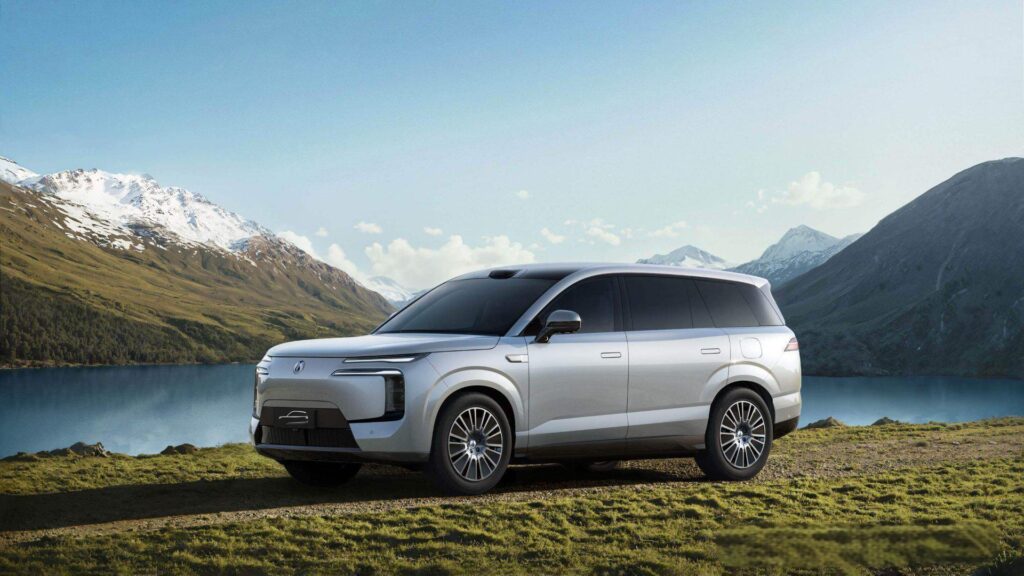
State-Level Regulations: A Patchwork of Rules
While federal laws dominate, state regulations add another layer of complexity. Every U.S. state requires vehicles to display locally issued license plates and pass safety inspections. Chinese cars imported legally must undergo modifications to meet state-specific requirements, such as headlight alignment, bumper height, and emissions controls. California, for example, enforces stricter emissions standards than federal rules, complicating compliance for non-U.S. manufacturers.
Temporary permits for Chinese cars are occasionally granted for auto shows, testing, or diplomatic purposes, but these are limited to designated areas like port cities. Drivers must also hold valid U.S. licenses or international permits, as most states do not recognize Chinese driver’s licenses beyond short-term visits. Even then, insurance companies may charge higher premiums for imported vehicles due to perceived risks.
Practical Alternatives and Future Outlook
For Americans determined to own a Chinese car, options are limited but not entirely closed. Some U.S.-based automakers, like General Motors, import Chinese-assembled vehicles under their own brands (e.g., the Buick Envision), leveraging loopholes in trade agreements. However, these cars undergo significant modifications to meet U.S. standards. Alternatively, enthusiasts can explore gray-market imports, though this risks legal penalties and voids warranties.
Looking ahead, Chinese automakers are pursuing strategies to bypass U.S. barriers. BYD and CATL are investing in Mexican factories to supply North America, while companies like Geely partner with U.S. firms to develop localized models. If trade tensions ease, Chinese brands may eventually adapt their vehicles for the U.S. market, but this remains speculative.
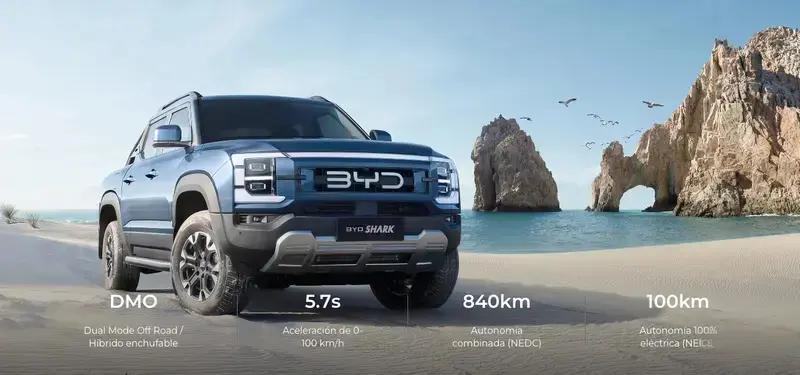
Conclusion: Navigating a Restrictive Landscape
Owning a Chinese car in the U.S. is legally possible only in narrow scenarios, such as temporary imports for events or through partnerships with American automakers. Federal bans on net-connected technologies, coupled with safety and emissions hurdles, create formidable obstacles. For now, most Americans seeking Chinese-made vehicles will need to wait for manufacturers to adapt their offerings—or for trade policies to shift.
If you’re considering importing a Chinese car, consult with customs brokers, NHTSA, and your state’s DMV to verify compliance. Until then, the road for Chinese automakers in the U.S. remains steeply uphill.
